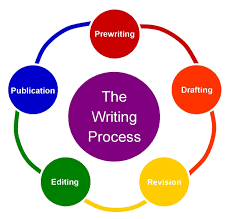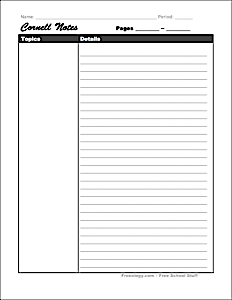Sometimes one of the hardest elements for middle schoolers to incorporate into their essays is answering the “so what.” They can get caught up in listing facts without taking the time for critical thinking. Just like with all writing, often the most profound sentences come after we think we’ve finished saying everything we wanted to. Those sentences get to the heart of why the subject matter… matters.
MY HERO essays are Expository - they use evidence to support an idea.
This evidence can be actions the hero has taken, the impact the hero has had on others, and the ways the hero has changed the world, and/or the writer. MY HERO value essays that demonstrate not just the subject’s heroic qualities, but why those qualities matter to the writer.

WHAT WE'D LIKE TO SEE IN YOUR HERO ESSAY:
Personalization: Have a strong point of view about the person you choose for a hero. Have any background information or information about the person's accomplishments support your ideas about the person as a hero. Relate what you share about your hero to how their heroism affects you.
Develop your ideas with details, descriptions, and examples.
Good writing includes proof reading to correct writing errors and to strengthen your ideas.
Cite all sources at the end of your essay.
Only use images that are original, that have a Creative Commons license or have permission.
Ready to publish? Use our simple CREATE PROGRAM, including a class code, given by your teacher so your work can be gathered on a class page for publication.

Steps of the Writing Process
Prewriting: This is the planning phase of the writing process, when students brainstorm, research, gather and outline ideas, often using diagrams for mapping out their thoughts. Students consider the audience and purpose for their writing. Older students work on a thesis statement for their essay.
Drafting: Students create their initial draft by writing down all their ideas in an organized way concentrating on a particular idea or present an argument. Audience and purpose of the essay is also important.
Revising: Students improve their draft by reviewing, modifying, and reorganizing their work. This consists of rearranging, adding, or deleting content, and by making the tone, style, and content appropriate for the writing's purpose. This stage does not consist of making grammatical changes or corrections.
Editing: At this point in the writing process, writers concentrate on grammar and mechanics. They proofread and correct errors, as well as edit to improve style and clarity. Peer editing is helpful after the writer is finished editing his or her own work.
Publishing: In this last step of the writing process, the final writing is published on the MY HERO website using the Create Program.
Teacher Susan Noble Shares Her Lesson Plan on Her Philosophy of Teacher Writing
My students undertake their study of heroes in the third quarter of a year of writing. They are confident about publishing their writing to the national audience of MY HERO because we have talked about effective style and worked on mastering mechanics through many different writing activities. I am always amazed at the developed and detailed writing students can create, so I am probably even more confident than they are about showing what they can do to a national audience!
The specific types of writing my students do are not as important as the path we take with each assignment.
Use the link on the right to read the complete article.
Writing Activity after Reading a Biography or Autobiography
Students choose a biography or autobiography about someone they consider a hero. Students practice note taking skills that have previously taught as they read. Then they use their notes to write an expository essay about their hero.

Students use the MY HERO Create Program to submit stories and essays for review and publication.
After teachers register as an educator, they can creates a class code to organize students work and create a class showcase webpage of student published work.
Students register prior to using the create program to submit their stories to MY HERO for publication.
Organizer created on 7/7/2020 9:41:08 AM by Laura Nietzer
Last edited 9/26/2023 4:05:36 PM by Laura Nietzer